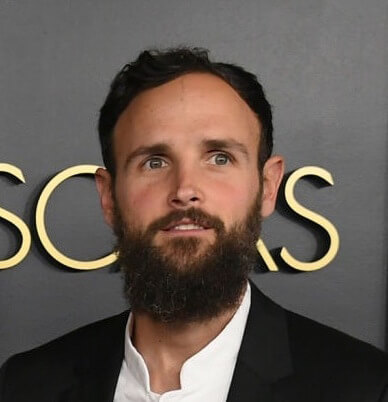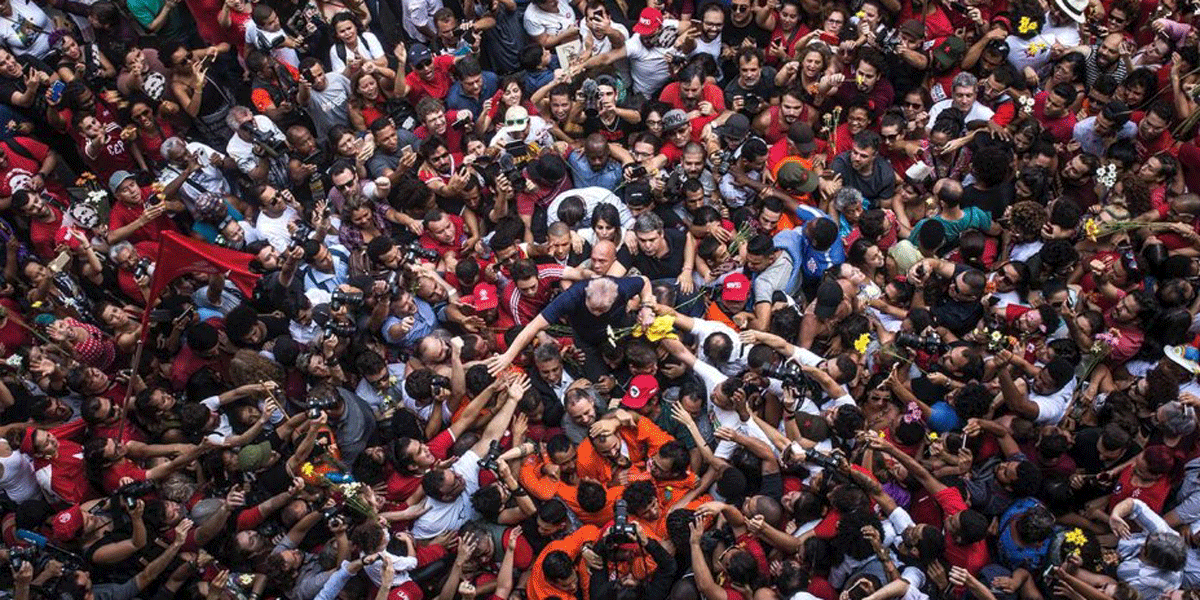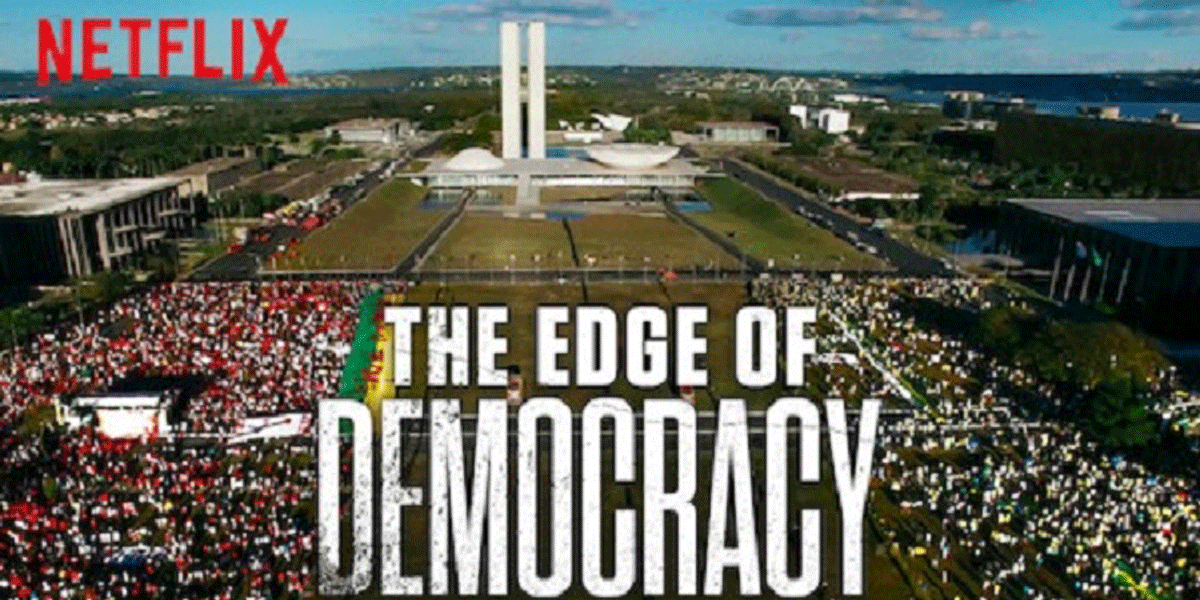
If you were watching the 92nd Academy Awards broadcast this year, you may have heard a familiar name when the Best Documentary Feature category came up for honors. The nominated film was the Netflix original documentary, The Edge of Democracy, and yes, the name you heard is Shane Boris ‘00. Just to be nominated for such a prestigious award is “humbling,” Boris says. It’s also very exciting.
“First and foremost, the nomination changes what the film can do in the world,” he says. “It also demonstrates appreciation for the hard work and talent of our team.”
It was at Colorado Academy that Boris says he first learned what it felt like to help “extraordinary people embody their insights and truths and share them with the world.” That early experience at CA has now culminated in a film that the New York Times named Number 8 on its “Best Movies of 2019” list, with this description: “This harrowing documentary, a thoughtful inside look at the events leading up to the election of Jair Bolsonaro, Brazil’s populist president, is the scariest movie of the year.”
Boris describes the story told by the documentary (which includes an impeachment trial) as a cautionary one. “Brazil is the canary in the coal mine,” he says. “What happened there could happen to, and in some cases already is happening, in countries all over the world.”

‘Following the story in real time’
Boris has produced a series of films, including a widely acclaimed documentary about Alzheimer’s Disease. He met the director of The Edge of Democracy, Petra Costa, at the 2013 South by Southwest Festival. She is a Brazilian actress and filmmaker whose work is deeply personal. The two began collaborating on a screenplay for a future project.
Then, in 2016, Brazil was shaken by a profound series of demonstrations, with millions of Brazilians taking to the streets to protest for and against the government of President Dilma Rousseff. Many blamed her for the country’s slowing economy, increasing unemployment, widespread corruption, and a weakening currency and rising inflation. In the midst of the turmoil, Boris received a call from Costa.
“I noticed there was something different in her voice,” Boris says. “Instead of talking about the script we were writing, we spoke about what each of us had to do politically in this moment. So we dropped the script and started documenting this new world.”
Although Rousseff was never firmly implicated in the corruption, she was impeached and removed from office. Her predecessor and wildly popular mentor, President Lula da Silva, was convicted and imprisoned for money laundering. From prison, he led the polls for Brazil’s presidential election, before being disqualified.
“We were there throughout all of this,” Boris says, “working hard and getting lucky, following the story in real time as it emerged.”
Out of the chaos, Jair Bolsonaro was elected President. A socially conservative culture-warrior, who has engaged in an endless series of feuds with critics (including the Pope), Bolsonaro has been criticized internationally for the deforestation of the Amazon to promote mining, farming, and power projects.
In The Edge of Democracy, Costa follows the chaos with extraordinary access to Brazilian leadership and people. She documents how personal the political is, showing how the country’s political evolution parallels her family’s personal engagement with politics. The pain of what is happening in Brazil can be clearly heard in her voice-over. It is not hyperbole to call this “the scariest movie of the year.”
“In Brazil, the rule of law eroded, each branch of the government began losing legitimacy, the cracks in the democratic system widened, and what followed was the rise of the far right,” Boris says. “You see how democracy is fragile, and if you don’t fight for it, it can fall off the edge.”
‘Circle everything that has potential’
The Edge of Democracy premiered at the Sundance Film Festival in January 2019 and then was released in over 190 countries. It is the second most popular documentary in Brazil. As a producer, Boris says he has one hand in the creative side of the film-making and one hand in the business side.
“I feel grateful to work with amazing artists and humans,” he says, “and to hopefully sometimes be able to see their vision and help it become a reality.”
He traces his approach to producing, which he describes as “being able to see and appreciate the genius in others” back to his days at CA. He can still recite with fondness the names of all his CA teachers, including Peggy Butler and Cathy Nabbefeld, who supervised his independent study in psychology and encouraged him to apply to Oberlin College. “I felt a sense of all these teachers really caring about whatever was special in me and the rest of my classmates,” he says. “They believed in us.”
He describes what makes a CA education different. “You can go through someone’s paper and cross out everything that is wrong,” he says. “Or you can go through that same paper and circle everything that has potential.”
At CA, he says, he believes “there was a lot of circling of potential.” Today, as a film producer, he tries to bring that pedagogy to his work. The results have brought him to the Academy Awards. So stay alert at the 93rd Academy Awards. You just may hear a name—and see a face—that is familiar.
